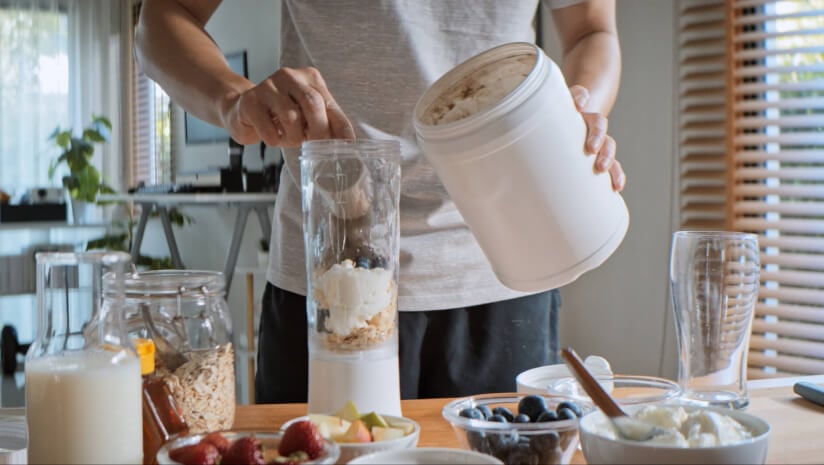The move supports the company’s strategy to make sustainable nutrition products more accessible, according to Phil Vigeant, CEO at PlantFusion.
“Whole Foods supports our accessibility strategy in several key ways,” he told NutraIngredients, citing the retailer’s environmentally aware customer base, national footprint and long-standing sustainability leadership. “Its customer base is significantly more sustainability-conscious than that of most other retailers.”
Product standards as an entry point
Whole Foods Market applies rigorous product standards across ingredients, sourcing and labeling, which can pose challenges for manufacturers.
“Our team has been actively engaged in industry quality initiatives, committees and trade associations for over 30 years,” Vigeant said, which he noted better positioned the company to meet those requirements.
He added that PlanFusion fully embraces Whole Foods standards and that alignment with retailers who maintain high-quality benchmarks contributes to long-term consumer trust and supports broader growth in health-related product categories.
A fresh new look for rollout
The Whole Foods launch includes the debut of a BPI-certified compostable pouch, which is PlantFusion’s first entry into compostable packaging. The decision to integrate certified packaging is intended not only to reduce environmental impact but also to raise consumer awareness around third-party certifications.
“We’re proud to be the first to introduce a BPI-certified compostable bag for our formulas,” he said. “This is where the market is headed, and we want to help lead that transition.”
The decision to roll out the new packaging in tandem with the retail expansion provides PlantFusion with the opportunity to “begin educating consumers to recognize and seek out that seal,” he said.
In the Whole Foods retail environment, shoppers are more likely to notice and respond to those kinds of packaging distinctions, he added, characterizing the retailer as an “ideal partner... because its shoppers are disproportionately sustainability-conscious.”
Packaging, sourcing, and formulation as differentiation tools
PlantFusion’s packaging updates coincide with broader changes in consumer expectations. Vigeant described a shift in which recycled or reusable packaging formats have become a baseline expectation rather than a differentiator.
“Today’s eco-conscious consumers now expect common sustainable packaging features, such as recycled or repurposed plastics, reduced plastic bags at checkout and reusable water bottles instead of single-use plastics,” he said. “While these are important first steps, they’ve largely become ‘table stakes.’”
The company is also responding to increased consumer concern over the health impacts of plastic materials, including microplastics.
“It’s clear we need to go beyond simply reducing plastic use,” he said. “We need to prevent new plastic from entering the waste stream altogether.”
In addition to packaging, PlantFusion highlights its ingredient sourcing practices as part of its overall sustainability positioning. The company sources the majority of its pea protein from European suppliers, where sustainable agriculture practices are more prevalent, according to Vigeant. Fair-trade sourcing is also a stated priority.
Next phase: Compostable packaging implementation on a broader scale
Moving forward, Vigeant described the current phase of growth as an opportunity to scale distribution while maintaining alignment with the company’s founding principles, which relate to sustainability and product transparency.
Following the Whole Foods launch, the company plans to expand the use of compostable packaging across its product portfolio and maintain its focus on plant-based protein, citing environmental factors.
“Our first priority is to launch as many new products as possible in compostable bags while simultaneously converting existing products,” Vigeant said. “We remain committed to plant-based protein sources, which are significantly more sustainable than most animal-based alternatives.”


!["As a long-standing market leader in sustainability, they [Whole Foods] align well with our values, making the partnership mutually beneficial," said Phil Vigeant, CEO of PlantFusion.](https://www.nutraingredients-usa.com/resizer/v2/HCC46KM4C5HWXIDIIFKM6N7J4Q.jpg?auth=56621de5da548d5d5a7dc63719bb726b8c464425783b615bfeb0ca495f73ead7&smart=true)


